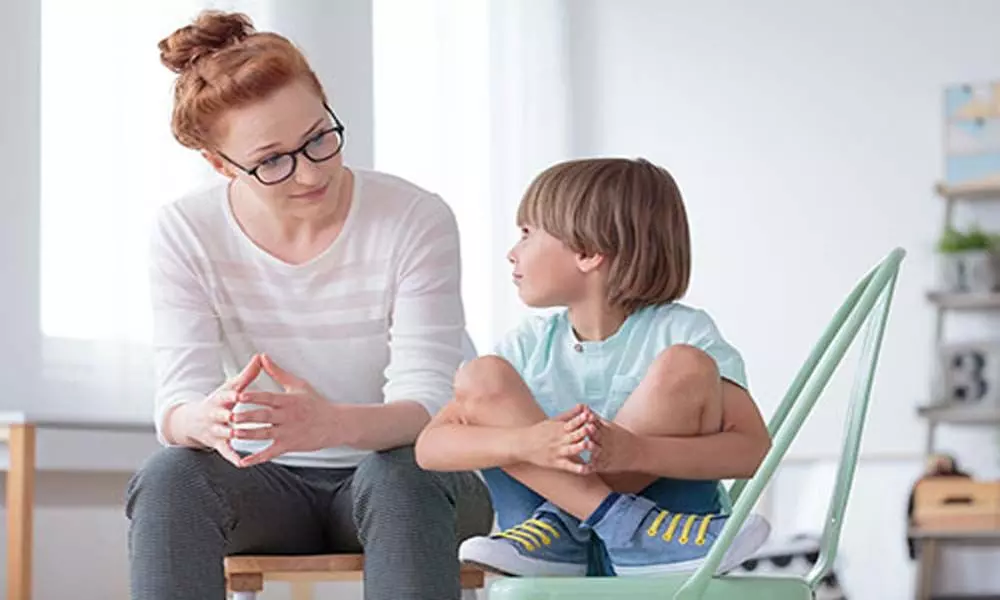Addressing Covid anxiety in kids
Talking to them about their feelings, letting them express their emotions, taking guidance and counselling to manage stress are all measures which can help in avoiding negative outcomes
image for illustrative purpose

WHILE Covid has affected all age groups and sections in society, children are probably the worst affected and most ignored. Most observations and research have focused on health impact, mortality, morbidity, financial and geopolitical impact of the pandemic. During all this, children are stuck within the bounds of their homes, surrounded by sad and scary news of sickness and death, many have lost their parents, grandparents, uncles and aunts or heard of the loss in their classmates' homes.
Being confined to a limited space, unable to meet peers and friends, unable to indulge in sports and physical activities, pursuing education via Internet on mobile and laptop screens or sometimes being left out of classes because the facility is not available, it's a difficult world to adapt to. And while everyone gets a say, they are asked to shut up and study, they are expected to be grateful that they are not getting infected.
This causes immense stress on a child, leading to fear, anxiety, sleep disturbance, mood disturbance and behavioural issues. Many children who were already vulnerable have developed panic disorders, obsessive compulsive disorders and anxiety and mood related disorders. The impact on self-esteem and confidence is significant. Some have witnessed higher levels of family conflicts and domestic violence. The uncertainty associated with exams, future, career has further confused high school children. Internet and gaming addiction is on the rise and psychosomatic problems are widespread.
The problem statement is huge but it needs to be defined to take effective steps. As psychiatrists, we often see children being referred for behavioural issues but parents are reluctant due to stigma associated with the word psychiatry. But closing one's eyes doesn't make the problem go away. We, as adults, need to anticipate the problem and take preventive measures. Taking into cognisance that children are vulnerable is the first step. Talking to them about their feelings, letting them express their emotions, taking guidance and counselling to manage stress are all measures which can help in avoiding negative outcomes. We need a proper routine, a mutually supportive social environment and discipline to engage in daily activities productively. The emphasis has to be on finding a balance with new way of life, apart from Covid-appropriate behaviour to avoid infection, there needs to be a strategy to ensure balance between physical, emotional and social aspects of life.
Interacting regularly with friends and families in small groups, taking time out to play, getting off the screen to enjoy the beauty of nature surrounding us, cooking and eating together, music, dance, arts and crafts are all ways to add creative interest in daily life and de-stress regularly. Those who have lost close family members and parents need professional intervention to deal with the trauma associated with sudden loss. With foresight and empathy, we can find a way to adapt to the post-Covid world and hopefully make it even better.
(Jyoti Kapoor is Senior Psychiatrist and Founder of Manasthali)

